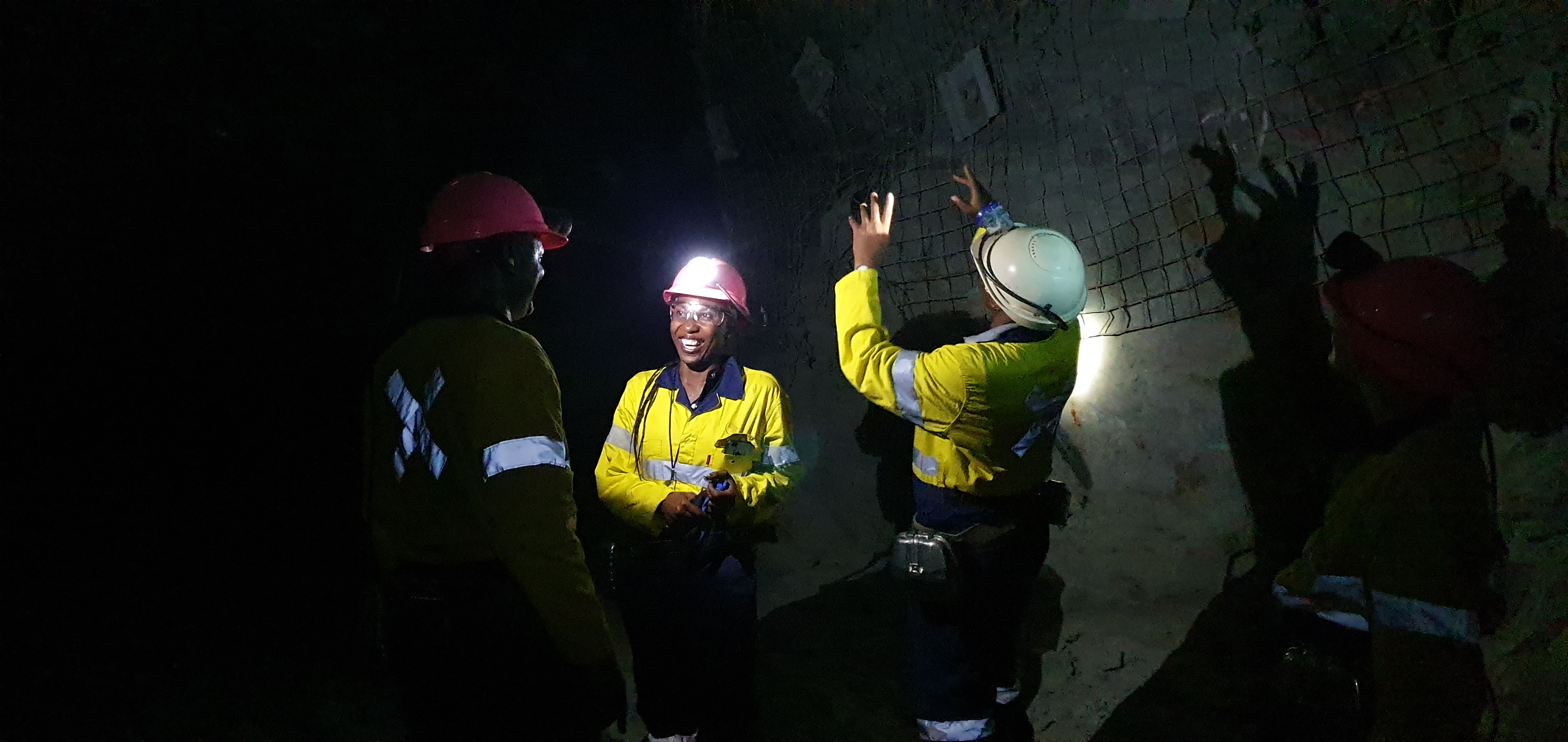
Principal Investigator: Isaac Lyatuu
Project leader/ Coordinator: Kimberly Mihayo
Project Administrator: Felix Brown
Funding Partner: Swiss Tropical and Public Health Institute
Start date: Sept. 1, 2017
End date: Aug. 31, 2022

Health Impact Assessment for Sustainable Development
Background
Mining and similar extractive projects have considerable potential to strengthen local health systems and improve the health of people where they are implemented. However, currently, we have clearly a lack of understanding of interactions between natural resource extraction projects and health systems, including economic considerations and observed health impacts.
At the regulatory level, impact assessments are used to identify and mitigate negative externalities. In principle, countries worldwide are legally required to conduct environmental impact assessments (EIA) prior to constructing a large infrastructure project. Yet, despite its universal application, environmental outcomes caused by large infrastructure projects differ widely. As a result, the execution of EIA alone is insufficient to guarantee the minimization of negative environmental externalities.
It's also worth noting that the use of specific health impact assessments (HIA) is less common as no country in Africa actively promotes HIA. Existing evidence on the strengths and limitations of the institutional framework and capacity for impact assessments in general and HIA in particular is scarce in African countries.
A better understanding of the links between resource extraction and health impacts on one side and of the framework conditions that determine the effectiveness of health impact assessment on the other, allows for the design of policy measures that can more actively engage natural resource extraction projects in sustainable development.
Objectives
The primary objective of the HIA4SD project is to conduct research that will inform and facilitate a policy dialogue for strengthening the application of impact assessment as a regulatory mechanism to:
- Avoid negative effects of natural resource extraction projects on public health;
- Actively engage natural resource extraction projects – and any other large infrastructure developments – in the SDG 2030 Agenda and, thus, development in Africa.
Project Phases
Phase I, August 2017 – July 2020: Aims to generate a sound evidence-base at the national and local levels on the strengths and limitations of current impact assessment practice in engaging natural resource extraction projects to work towards health-related SDG targets. For this purpose, in four African countries, we will:
- Analyze institutions, policy, regulations and the political economy of the current setup for health in impact assessment;
- Evaluate impact at the national level of past and ongoing natural resource extractive projects on health-related SDG targets; and
- Assess health systems and socioeconomic factors at district level, to determine how natural resource extraction projects interact with and affect local health systems. In the communication and application phase of the project
Phase II, August 2020 – July 2022. The research results will then be used to facilitate national and international policy dialogue on how to amend the current governance architecture in a way that makes full use of impact assessments as a regulatory mechanism to support producer regions in working towards the SDG 2030 Agenda.
Relevance
The HIA4SD Project seeks to be part of the solution to the global problem of unsustainable extraction of natural resources, which includes adverse impacts on public health, ecosystems and societies in producer regions. The project is expected to strengthen the application of impact assessment as a regulatory mechanism to engage natural resource extraction projects in working towards the SDG 2030 Agenda. This will be achieved through:
- Negotiations about health impacts of resource extraction that are informed by evidence;
- Increasing awareness among a broad set of stakeholders about the importance of specifically addressing health in impact assessment; and
- Establishing excellence in HIA in the African region.
The anticipated impact of the project on public health, health systems, other public services and information flows will benefit poor segments of the population and promote (health) equity in producer regions in Africa.
Beneficiaries and Impact
The direct beneficiaries will be the general population and vulnerable people in areas affected by natural resource extraction projects. The impact of the project also extends to the general population in project partner countries through strengthened health systems, cost savings for health systems, additional funds potentially becoming available from natural resource extraction projects for working towards the SDG 2030 Agenda, and more transparency and accountability.
Finally, the transnational component of the project might trigger similar processes of transformation in other countries in Africa and beyond, and will thus further expand the radius of potential beneficiaries.
Implementation
The project is implemented from September 2017 to August 2022 under the lead of Mirko Winkler, Swiss TPH, together with co-leads from Ifakara Health Institute (Isaac Lyatuu), ETH Zurich (Fritz Brugger), University of Health and Allied Sciences in Ghana (Fred Binka), the Research Institute of Health Sciences in Burkina Faso (Serge Diagbouga), and the Manhiça Health Research Centre in Mozambique (Eusébio Macete).
The project is funded (CHF 2.7 million) through the Research for Development (r4d) programme (www.r4d.ch), which is a joint funding initiative by the Swiss Agency for Development and Cooperation (SDC) and the Swiss National Science Foundation (SNSF). #
